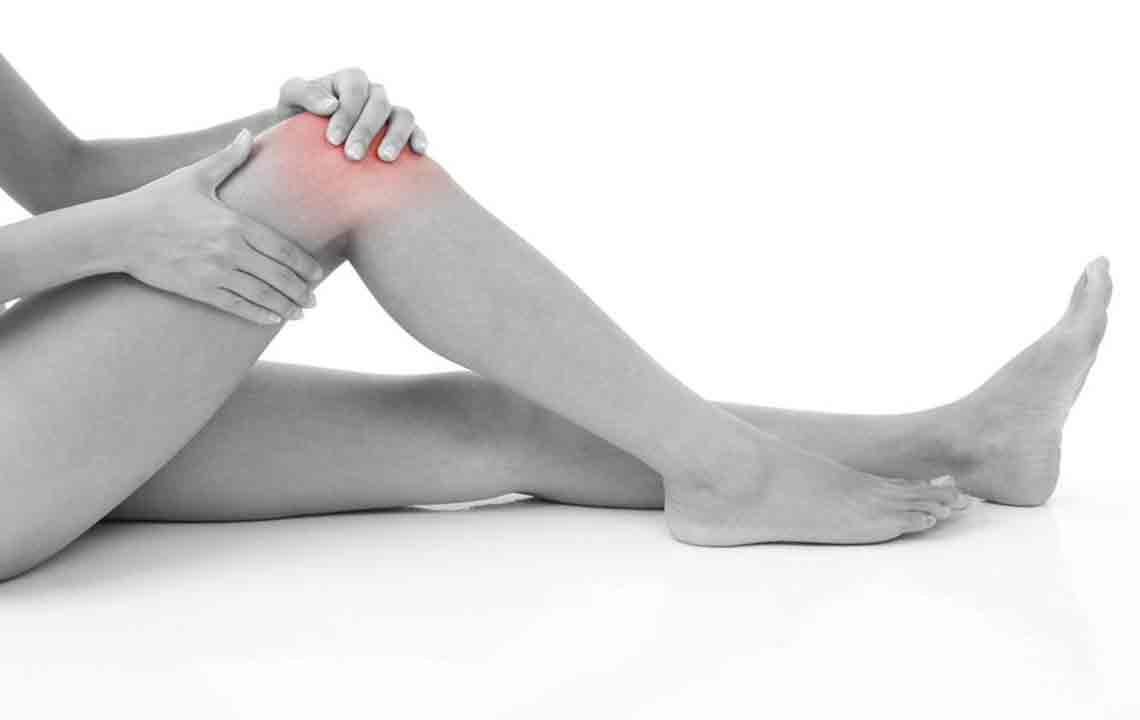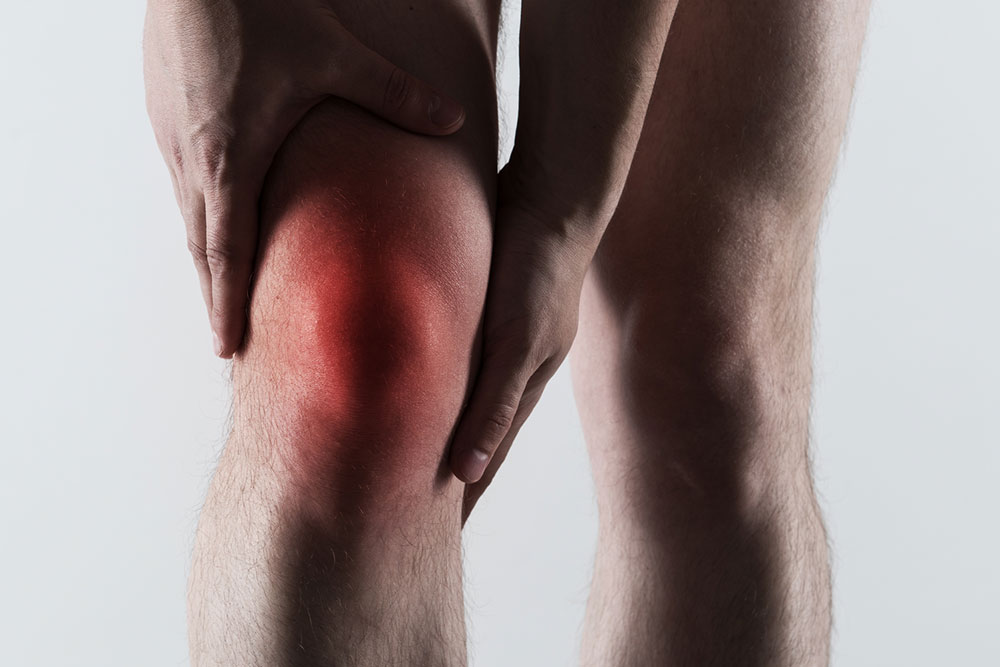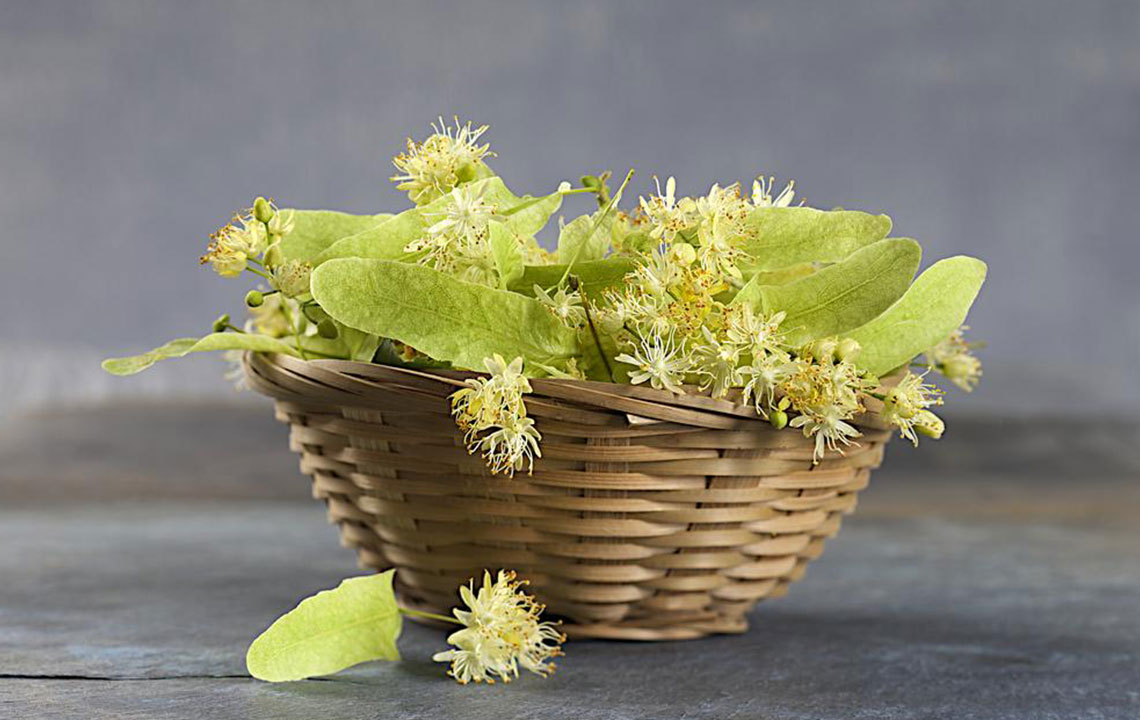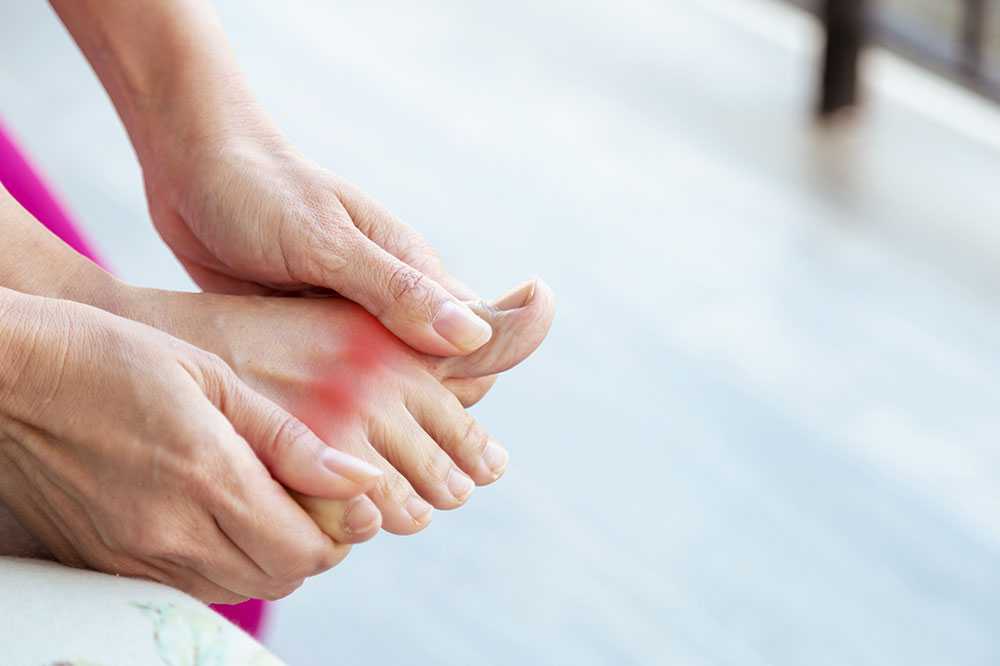Effective Lifestyle Strategies for Gout Management
Discover practical lifestyle strategies to control gout symptoms. Learn how dietary adjustments, stress management, regular exercise, and natural remedies like turmeric can help prevent flare-ups and improve joint health. Implement these tips for a healthier, gout-free life.
Sponsored

Gout occurs when uric acid crystals accumulate in joints, leading to severe pain and swelling. While it commonly affects the big toe, gout can impact various joints. The most effective way to control symptoms and reduce flare-ups is through lifestyle modifications such as diet, physical activity, and stress management.
Here are essential lifestyle changes to help manage gout:
1. Cut Down Alcohol Consumption
Alcohol intake can increase uric acid levels, intensifying gout symptoms. Eliminating or limiting alcohol helps in reducing flare-ups.
Studies show alcohol consumption significantly raises uric acid and is a key risk factor for gout.
2. Avoid Purine-Rich Foods
Foods high in purines break down into uric acid, contributing to crystal formation. Limit intake of red meats, seafood, processed foods, and sugary items to prevent gout attacks.
3. Manage Stress Effectively
High stress levels can trigger gout episodes. Maintaining work-life balance, engaging in hobbies, exercising, and getting quality sleep are vital for stress reduction and gout prevention.
4. Stay Active
Regular physical activity, whether cardio, strength training, or sports, helps lower uric acid levels and reduces flare-up risk. Consistent exercise promotes overall joint health.
5. Prioritize Sleep
Adequate sleep, ideally 7-8 hours nightly, supports immune health and reduces inflammation, contributing to lower gout risk.
6. Incorporate Turmeric
Turmeric, known for its anti-inflammatory properties, can help alleviate joint pain caused by gout. Research indicates its effectiveness in reducing inflammation in gouty arthritis.
Adopting these lifestyle habits significantly decreases the likelihood of gout flare-ups. A balanced approach focused on diet, exercise, and stress control fosters better joint health and well-being.






